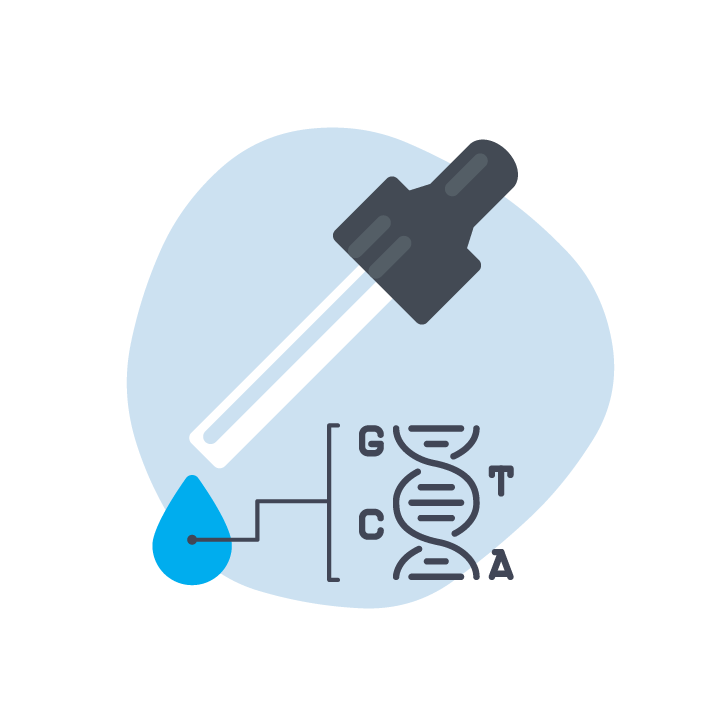Last Updated : March 6, 2023

Liquid biopsy is an emerging technology that detects genomic information in bodily fluids and could alter traditional pathways of care for cancer. While traditional approaches of precision-based testing rely on surgical biopsies, liquid biopsies could shift existing approaches toward less invasive testing technologies. The technology is based on growing evidence that among certain cancers, tumour cells can release DNA into bodily fluids. These DNA fragments may have a distinct genomic profile compared with DNA shed from healthy cells and, with the appropriate testing technology, can help describe features about the cancer that can be important for guiding treatment.
Although different types of liquid biopsy–based testing technologies exist, tests that are used to guide treatment decisions after a cancer diagnosis, rather than tests used for screening, were specifically selected as 1 of the top precision medicine technologies to watch over the next 5 years.
Examples of emerging technologies and their assessments include:
- Comprehensive genomic profiling technologies are NGS-based, liquid biopsy tests that can characterize up to hundreds of genes, inform treatment selection, and monitor therapeutic response for NSCLC and other solid tumours with a single sample.
- Blood tests to detect EGFR mutations are PCR-based tests developed by different manufacturers. These tests identify mutations in the EGFR gene, which can confer resistance to certain drugs, to help guide treatment selection for NSCLC.
Last Updated : March 6, 2023

